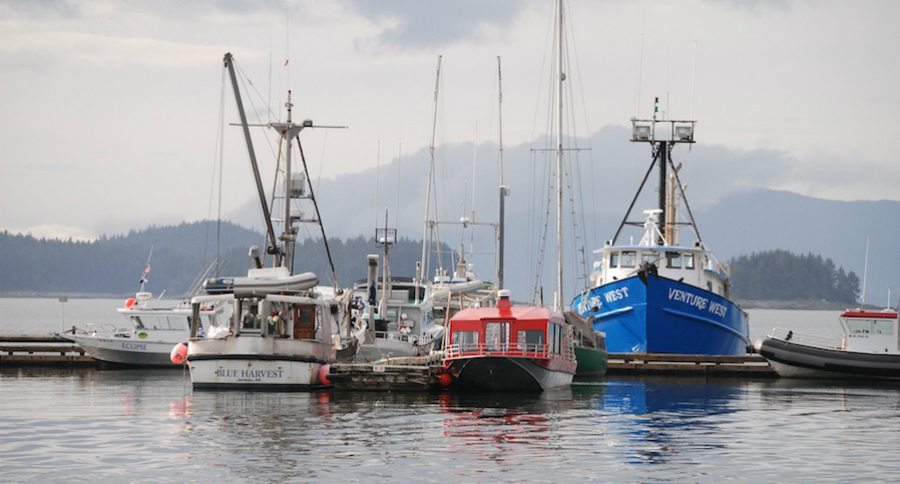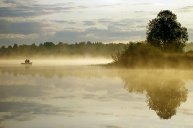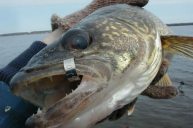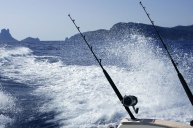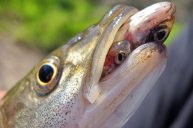A recent study shows that communities that rely on fishing for survival can do so, with diversification of fisheries.
The study, conducted by University of Washington researchers, was published in Nature Communications.
"This study is about starting the conversation about how communities can buffer themselves against unpredictable ecosystem changes in the future," says lead author Timothy Cline, a doctoral student in the UW's School of Aquatic and Fishery Sciences. "There is no reason why any community in the world that depends on renewable resources could not benefit from this approach."
That means that if a fishing community maintains permits in several fisheries, it can stay healthy in the long run.
The study was based on 34 years' worth of data from more than 100 Alaskan fishing communities.
Moe specifically, researchers say they focused on fishing revenue in these communities 10 years before 1989 and 10 years after that year.
Why 1989? That year, the northern part of the Pacific Ocean shifted in productivity. Also, salmon prices dropped because of farm-raised salmon.
Researchers say that many communities saw revenue cut in half after 1989. However, communities that made an effort for diversification of permits remained stable, because they were able to shift fisheries.
"We found that well-diversified communities also had higher turnover, or the ability to go out and fish for species that are more abundant while relying less on those that declined," says Cline. "If you are diversified, it's just a matter of focusing on fisheries that are more abundant or more valuable, and if you're not diversified, that means adapting your portfolio by selling what you had and buying something new."
NEXT: MORE FOOTAGE OF SALMON CROSSING A FLOODED ROAD JUST MAKES US WANT TO GO FISHING
